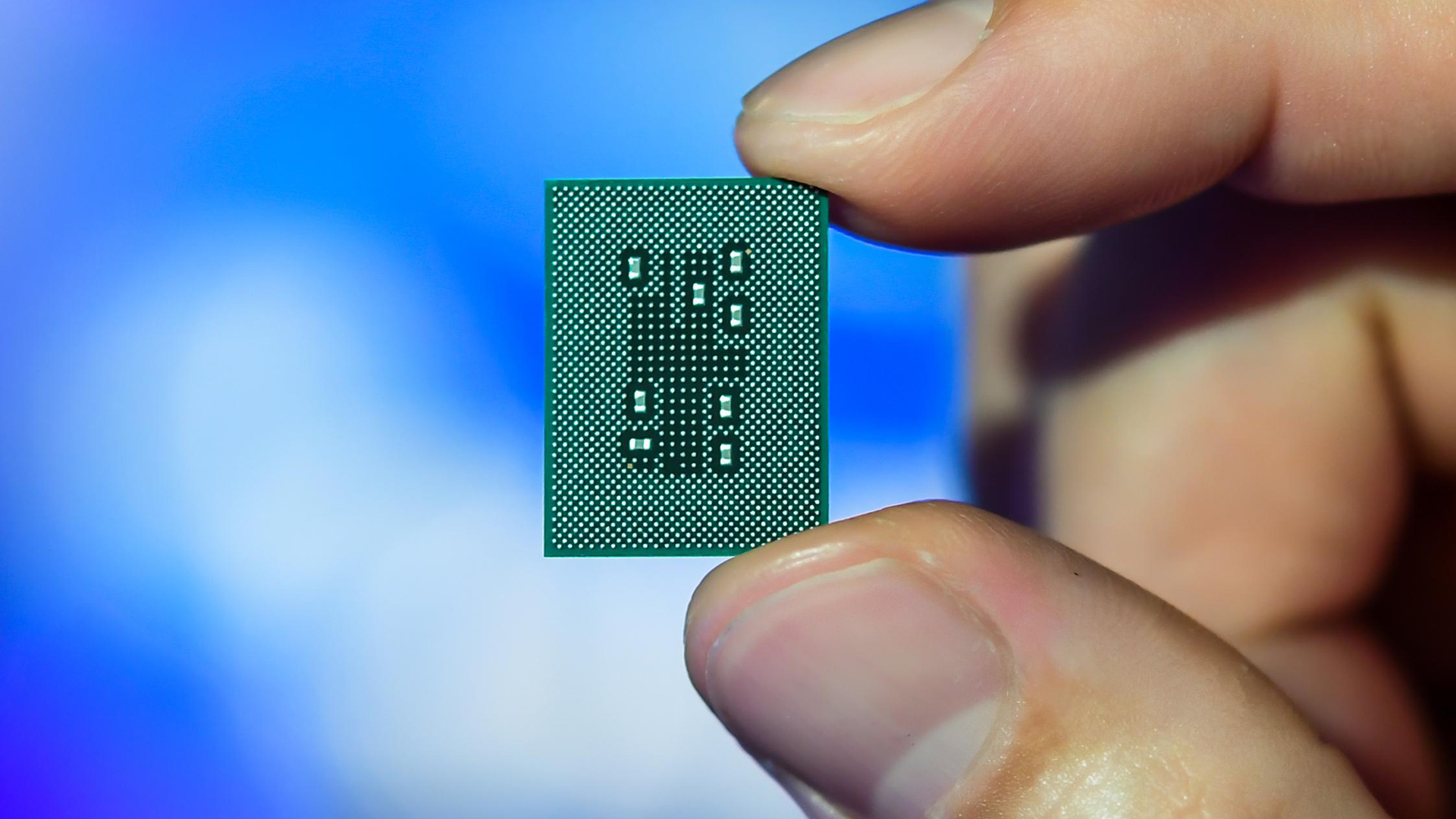A bipartisan group of U.S. senators proposed on Thursday a 25% tax credit for investments in chip production in the country. The proposal is an addition to the $52 billion semiconductor industry funding plan approved by U.S. legislators last week, showing a large push to boost support for domestic chipmakers.
The Facilitating American-Build Semiconductors (FABS) Act proposes a 25% investment tax credit for investments in semiconductor manufacturing facilities and in production of fab tools.
Currently, only 12% of global chip output is made in the U.S., down from 37% in 1990. Meanwhile, the vast majority of chips are designed in the U.S. Bringing at least some of the chip production back to the U.S. could create tens of thousands of well-paid jobs.
However, building semiconductor production facilities is expensive. A state-of-the-art fab tends to cost well over $10 billion, so companies like Intel or TSMC usually receive significant incentives from governments to build fabs in Israel, Ireland and Taiwan. By contrast, the U.S. government (unlike state governments) has been reluctant to provide substantial compensations, until now.
“As much as 70% of the cost difference for producing semiconductors overseas is driven by foreign subsidies, rather than comparative advantages,” U.S. Senator Mike Crapo (R-Idaho), one of the senators who proposed the act, said in a statement.
There are a number of companies from the U.S. that have developed chips in the country and sell them to local clients, including Intel and Micron, that will welcome the tax incentives. In fact, foreign companies, like TSMC and Samsung Foundry, which are on track to build advanced fabs in the U.S. in the next couple of years, would also benefit from the act. Furthermore, fab tool producers, like Applied Materials and LAM Research, would also take advantage of tax credits.
“Our bill would provide a significant investment tax credit to companies that build chips here at home, rather than overseas,” U.S. Senator Ron Wyden (D-Oregon) said. “The United States can’t allow foreign governments to continue to lure companies’ manufacturing overseas, increasing risks to our economy and costing American workers good-paying jobs.”
The Semiconductor Industry Association (SIA) and SEMI have applauded the proposed law.
Increasing chip production in the U.S. clearly has its potential benefits, but virtually all U.S.-based semiconductor companies assembly and test their products in South East Asia. As a result, even with some chip manufacturing moving to the U.S., the industry will continue to rely on Asian chip packaging and testing facilities.
The FABS Act is co-proposed by Crapo, Ryden and U.S. Senators John Cornyn (R-Texas), Mark Warner (D-Virginia), Steve Daines (R-Montana) and Debbie Stabenow (D-Michigan).
